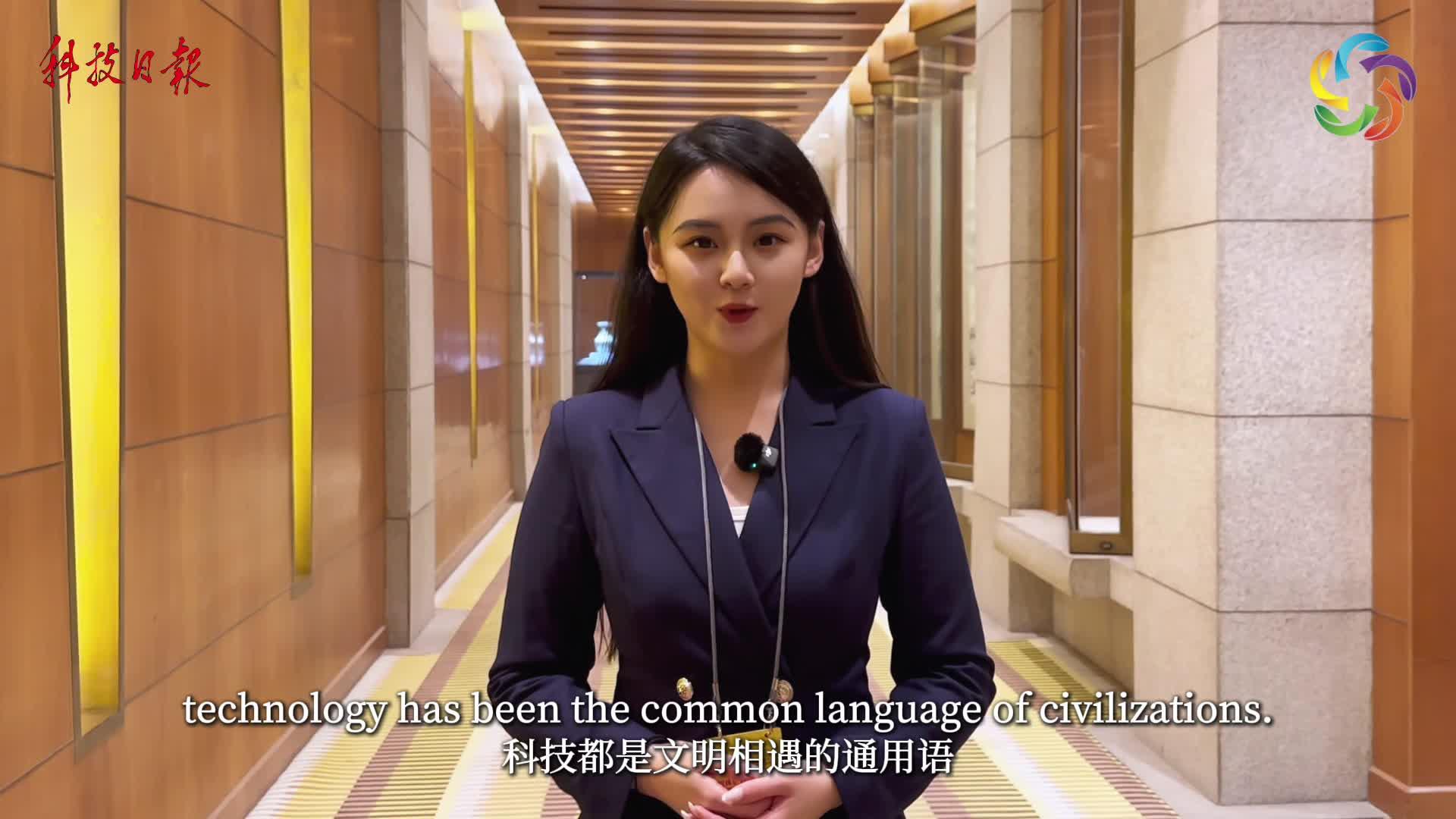Dialogue with Foreign Experts-Steering a Greener Future

On November 14, 2024, China achieved a historic milestone as its annual production of new energy vehicles (NEVs) surpassed 10 million units, consolidating its leading role in the transition to a greener future. This achievement shows not just China's technological progress but also its efforts to combat climate change and reduce carbon emissions.
A benchmark for the world
Nicholas Mulei Musyoka is an associate professor in renewable energy and energy storage at the Nottingham Ningbo China Beacons of Excellence Research and Innovation Institute, which is a part of University of Nottingham Ningbo China. He described China's NEV industry as "innovative, scalable and impactful" in a recent interview with Science and Technology Daily. Musyoka emphasized that the rapid adoption of NEVs in China is a clear indicator of the country's leadership in the sector.
"China is setting the trend and becoming a benchmark for other countries to follow," Musyoka said. But China's booming NEV industry is not just about numbers. According to Italian scientist Francesco Faiola, the rapid expansion of electric vehicles (EVs) has significantly improved people's quality of life.
"Chinese companies have made EVs more affordable and accessible, contributing to reduced air pollution and lower greenhouse gas emissions," Faiola said. Electric buses and taxis have become the norm, leading to cleaner air and improved public health.
This sentiment was echoed by Musyoka. "China does not live in a bubble. China's contribution to reductions in CO2 emissions benefits the entire planet," he said.
Instead of viewing China's advancements in the NEV industry as competition, Musyoka urged for more international collaboration. "China's progress should be applauded, and we should learn from its technological and adoption strategies. The bigger picture is about solving the climate crisis together."
A holistic approach to sustainability
China's rapid NEV adoption is not an isolated phenomenon but part of a broad, integrated strategy for sustainable development. Beyond reducing emissions, it has triggered advancements in renewable energy, AI and smart city systems, transforming urban infrastructure.
However, NEVs are just one piece of the puzzle, as Musyoka pointed out. "To fully realize their potential, we need renewable energy installations to charge these vehicles, ensuring zero emissions throughout the lifecycle."
This holistic approach extends beyond land transportation. In sectors like maritime transport and aviation, China is exploring technologies such as power-to-methanol and sustainable aviation fuels to further cut carbon emissions.
Additionally, innovations in battery technology are enhancing the efficiency of unmanned aerial vehicles, contributing to greener logistics and transportation networks. "The integration of AI and smart systems ensures efficient monitoring and management, making cities cleaner and more sustainable," Musyoka added.







